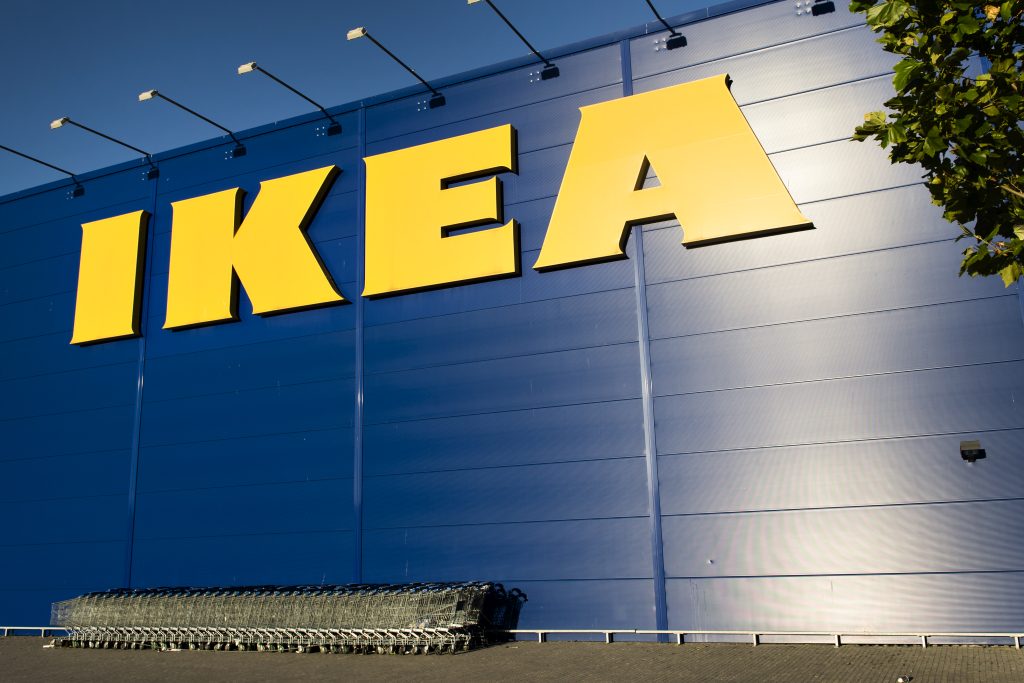Ikea representatives at the time were likely aware of the use of forced labor.
Others are reading now
Ikea, the Swedish furniture giant, has agreed to contribute €6 million to a German government fund set up to compensate victims of forced labor under East Germany’s communist regime.
Aware of Forced Labor
This payment comes in response to reports that political prisoners in former East Germany were forced to produce furniture for Ikea’s supply chain during the Cold War, as revealed by Swedish and German media over a decade ago, according to Hotnews.
An independent investigation commissioned by Ikea and conducted by Ernst & Young found that political prisoners were indeed involved in manufacturing Ikea furniture as early as the 1970s and 1980s.
The audit suggested that Ikea representatives at the time were likely aware of the use of forced labor in supplier factories.
Also read
East Germany, known as the German Democratic Republic (GDR), operated as a Soviet satellite state from 1949 to 1990. Under this regime, tens of thousands of political prisoners were incarcerated and subjected to forced labor, many for simply opposing the single-party state.
The infamous Stasi, East Germany’s secret police, played a significant role in suppressing dissent, closely monitoring citizens’ daily lives and silencing opposition. Forced labor provided a cheap workforce that, reportedly, several Western companies—including Ikea—benefited from.
Financial Relief to Those Affected
After years of campaigning by victim advocacy groups, Germany’s ruling coalition proposed a national fund in 2021 to support survivors of forced labor under the GDR.
This fund, set to be voted on by the German parliament, will offer financial relief to those affected by the state’s oppressive practices.
Ikea’s €6 million contribution is seen as a significant step.
“We deeply regret that products for Ikea were produced by political prisoners in the GDR. Since this came to light, Ikea has worked to address the situation,” said Walter Kadner, CEO of Ikea Germany. “We promised those affected that we would help provide support, and we are pleased to fulfill that commitment.”
The company’s decision has been well received by victim advocacy groups. Dieter Dombrowski, president of the Union of Associations of Victims of Communist Tyranny (UOKG), commended Ikea’s move and expressed hope that other companies involved in similar practices would follow suit.
UOKG has pointed out that Ikea’s involvement may be “just the tip of the iceberg,” urging more companies to acknowledge their past and offer compensation to former prisoners who continue to bear psychological scars from their forced labor experiences.








